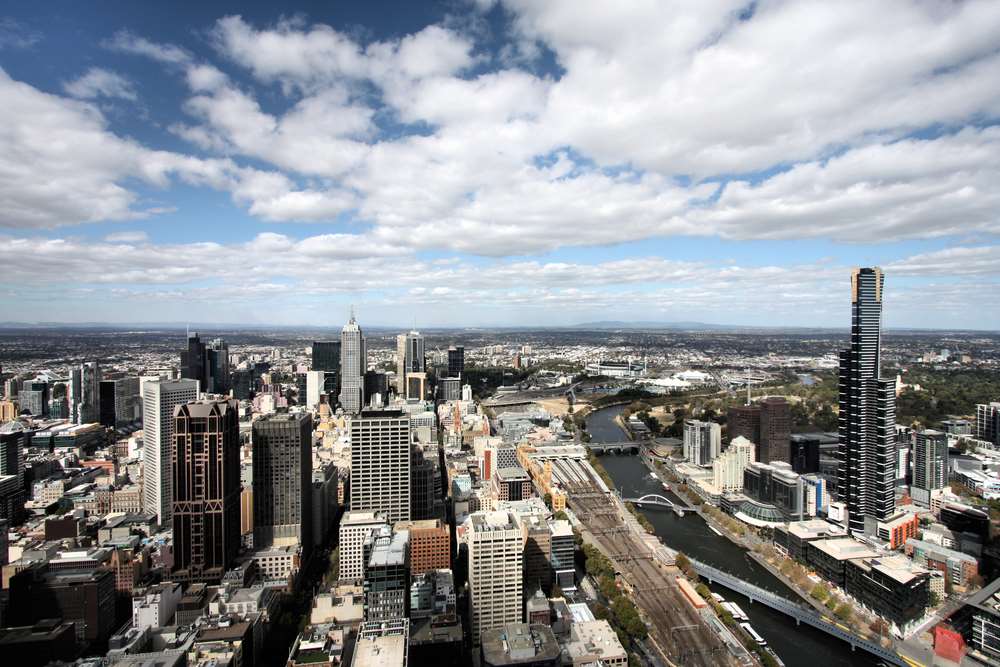Sydney and Melbourne have slipped in their world rankings as hubs of start-up and entrepreneurial culture, as bottlenecks make the cities less attractive bases than they were three years ago.
The rankings, created by TechCrunch subsidiary CrunchBase and survey firm Compass, pegged Sydney at 16th of the world’s top 20 hubs – down from 12th in 2012 – while Melbourne crashed out of the top 20 altogether.
The report notes Sydney is “home to 1500 to 2300 active tech start-ups” and is “clearly capable of producing dominant start-ups”, citing the likes of Atlassian and Campaign Monitor as examples.
“Around two-thirds of Australia’s start-up activity takes place in Sydney, and almost half of all employees have prior experience in a start-up,” the report said.
Although Sydney’s start-ups have access to reasonable seed investment opportunities – the report notes the recent inflow of US money, while Australia’s corporates have created their own incubators and early stage funds – things tend to dry up quickly.
In particular, by the time start-ups go in search of their first big round of venture capital finance, known as Series A, they are often able to attract funding that is “42 percent lower than the regional average”.
The report said that while average seed funding was typically around $750,000 - not far below Silicon Valley levels - Series A funding was typically in the range of $2.8 to $3 million, well short of the $6.5 to $7 million a Silicon Valley start-up might expect to raise.
“The availability of later-stage venture capital is a key bottleneck, a dynamic that can be attributed to the traditionally risk-averse Australian investment culture,” the report said.
One area where Sydney start-ups excelled over counterparts in Silicon Valley and the Asia Pacific region was in equity sharing with employees.
On average, employees of Sydney start-ups could expect equity offers “20 percent higher than in Silicon Valley and 18 percent above the regional average, reflecting the open and collaborative nature of local entrepreneurs”.
It’s particularly interesting to note that this is occurring within an environment that has traditionally been constrained. The Government only this year brought in changes to employee share schemes, in part to alleviate tax issues that start-ups believed constrained their growth.
The report’s authors noted that although engineering talent is relatively expensive in Sydney, it is still less than other leading start-up hubs such as Silicon Valley.
It recommended international entrepreneurs consider setting up “a second office focused on engineering in an ecosystem with a lot of inexpensive and plentiful tech talent, such as Austin, Tel Aviv, or Sydney.”
While Sydney had its share of problems, Melbourne slipped out of the top 20 rankings entirely.
The report’s authors said Melbourne “likely took a hit due to its close proximity to the larger start-up ecosystem of Sydney”.
In 2012, when the rankings were last produced, Melbourne came in 18th, and the report’s authors said the city was “being hyped” as an entrepreneurial hub.
However, they warned at the time that “Melbourne needs to grow and establish a unique independent identity or else it will become Sydney’s little brother and simply provide talent for the nation’s largest ecosystem” – Sydney.
Though it paints a fairly bleak picture of Melbourne, things may not be as bad as the report makes out.
AngelCube, a Melbourne-based start-up accelerator, recently studied the impact of Melbourne’s burgeoning number of co-working spaces in fostering a start-up community.
It found over 200 start-ups that came out of the co-working ecosystem – considered only part of the start-up community. The study did not capture the full amount of start-ups that Melbourne had given birth to.
AngelCube painted a more positive view of Melbourne as an entrepreneurial hub.
“All the signs point towards a sustained blossoming of the start-up ecosystem,” the firm said.
“It will be interesting to watch how it in fact plays out over the coming five years.”









